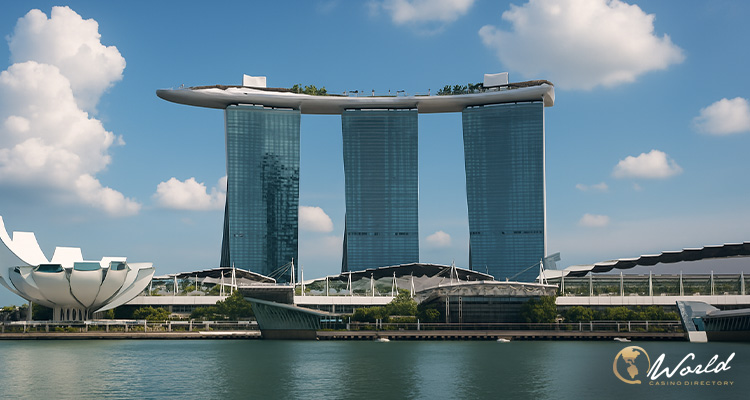Marina Bay Sands Pte Ltd, the operator behind Singapore’s iconic Marina Bay Sands resort, has been fined SGD100,000 (approximately US$77,300) by the Gambling Regulatory Authority (GRA) for launching casino-related promotions without prior regulatory consent. This penalty, announced in GRA’s enforcement update for financial year 2025, stems from a violation of Regulation 3(1)(c) under Singapore’s Casino Control (Advertising) Regulations 2010.
According to the GRA, Marina Bay Sands breached the regulation by engaging in or facilitating the promotion of casino activities without receiving the necessary pre-approval from the authority. While the regulator did not disclose the nature or timing of the offending promotion, it reaffirmed its commitment to holding casino operators accountable under Singapore’s stringent gaming laws.
The GRA stated the violation as: “Failure to obtain prior approval from the Authority to carry out or offer, or cause to be carried out or offered, casino promotions.”
This marks the first regulatory action taken against Marina Bay Sands since the 2019 financial year. The operator is a subsidiary of Las Vegas Sands Corp., which also owns Sands China Ltd. in Macau.
Regulatory Contrast with Rival Operator
In contrast to Marina Bay Sands’ relatively clean record over recent years, Resorts World Sentosa Pte Ltd—the operator of the only other licensed casino in Singapore—has faced a series of regulatory actions, according to GGRAsia. Between financial years 2020 and 2023, Resorts World was fined a total of SGD2.695 million for seven separate compliance breaches. The largest single penalty, amounting to SGD2.25 million, occurred in 2023 for failing to carry out required customer due diligence procedures.
This comparison underlines the regulatory scrutiny applied equally to both players in Singapore’s tightly controlled casino industry and the consequences of compliance failures.
Multi-Billion-Dollar Expansion Underway
The fine was issued just weeks after Marina Bay Sands commenced a major expansion of its integrated resort. Referred to as “MBS 2.0”, the new phase officially broke ground on July 15, 2025, and is scheduled for completion by June 2030, with a public debut anticipated in January 2031.
The expansion includes the addition of a 55-storey tower housing 570 luxury suites, expanded gaming facilities, and new entertainment and retail spaces. A 15,000-seat indoor arena—designed by international firm Populous—and a vast 200,000-square-foot MICE (Meetings, Incentives, Conventions, and Exhibitions) venue are also part of the project.
The development follows a landmark agreement signed in January 2025 between Marina Bay Sands and the Singapore Tourism Board. Under the deal, the resort gained approval to increase its gaming footprint in exchange for a payment of US$1 billion to the government. To finance the project, the company secured an S$12 billion (approximately €8.6 billion) credit facility the following month.
Patrick Dumont, President and COO of Las Vegas Sands, commented, “This speaks volumes of our confidence in this region and the potential we continue to see in Singapore.” By the end of construction, Las Vegas Sands expects to have invested more than US$15 billion in the Singapore market.
Embracing Automation and Workforce Efficiency
Beyond the expansion, Marina Bay Sands has also been investing heavily in upgrading its infrastructure and streamlining operations. A S$1.75 billion renovation was recently completed across the existing hotel towers, resulting in the addition of 775 suites and bringing the total room count to around 1,850.
To further boost operational efficiency, the resort began deploying 12 Autonomous Mobile Robots (AMRs) in June 2025 to handle deliveries across its hotel and convention facilities. Each robot, capable of carrying up to 300kg at a speed of 84 metres per minute, now follows 20 pre-mapped routes. This automation has led to a 30% drop in manpower requirements for logistical tasks that previously involved over 200 daily manual deliveries.
Shijith Prathapan, Vice President of Procurement and Supply Chain at Marina Bay Sands, emphasized the importance of innovation in managing a large-scale resort: “Running a large-scale integrated resort like Marina Bay Sands requires effective workforce planning and since day one, we have fostered a culture of productivity by investing in innovation.”
Plans are already underway to expand the AMR fleet with five more units by the end of 2025. To date, the resort has automated over 200 work processes, saving an estimated 162,000 manhours annually.


